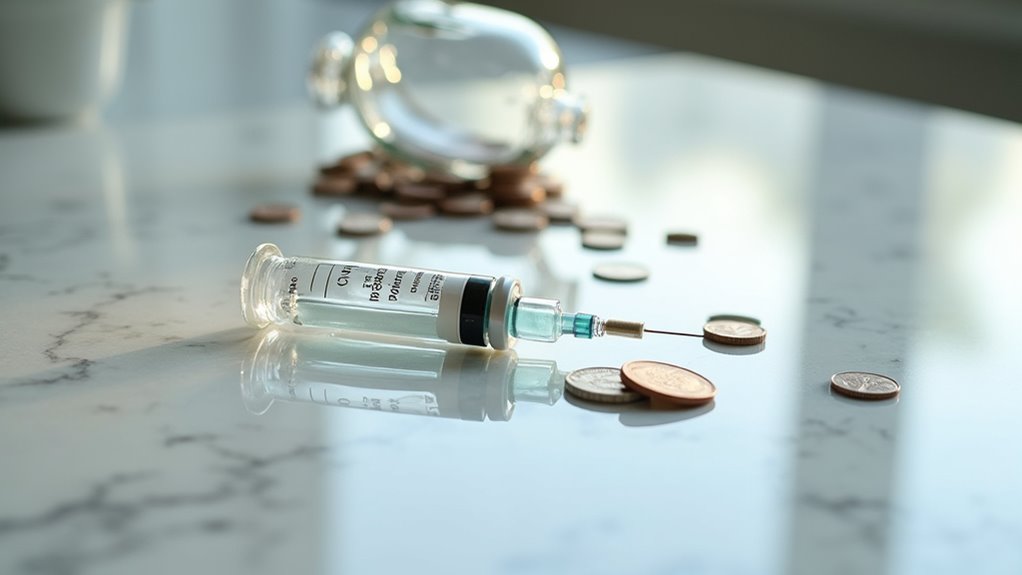While traditional diabetes treatments have long focused on controlling blood sugar, a new class of medications is changing the game entirely. SGLT-2 inhibitors and GLP-1 receptor agonists aren’t just tackling diabetes—they’re seriously cutting the risk of heart attacks and strokes. That’s a big deal.
These newer medications outperform old standbys like metformin and sulfonylureas when it comes to cardiovascular protection. No contest. SGLT-2 inhibitors work by preventing the kidneys from reabsorbing glucose. GLP-1s boost insulin release. Simple enough, right?
The numbers don’t lie. SGLT-2 inhibitors can slash heart failure risk by over 50% in some patients. That’s not a typo. Clinical trials keep confirming these benefits, which explains why doctors are increasingly prescribing them for heart protection, not just blood sugar control. Type 2 diabetics respond particularly well to these lifestyle-supported treatments.
GLP-1 receptor agonists bring their own impressive stats to the table. A comprehensive study found they reduce cardiac events by 28% lower risk compared to traditional sulfonylureas. They reduce cardiac events, help with weight loss, and even lower blood pressure. Triple threat. These meds improve how your body handles insulin while reducing the amount of glucose your liver pumps out.
But here’s the catch—and there’s always a catch. About one in four patients can’t tolerate these wonder drugs. Side effects happen. SGLT-2 inhibitors might increase your risk of genital infections or kidney issues. GLP-1s? Get ready for potential stomach problems.
Cost is another headache. These newer medications hit the wallet harder than traditional options. Insurance companies know this and often make patients jump through hoops before covering them. A recent study highlighted that these drugs remain less frequently prescribed due to their higher costs, despite their proven benefits.
Researchers are still figuring out exactly how effective these medications are across different populations. The science is solid but evolving.
Despite the drawbacks, the shift toward these drugs represents a fundamental change in diabetes care. It’s no longer just about controlling blood sugar. It’s about protecting the whole cardiovascular system.
That’s revolutionary for patients who’ve spent years worried about diabetes complications. Heart protection in a pill? Yes, please.







